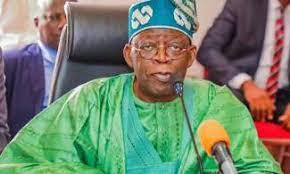The Minister of Finance, Budget and National Planning, Hajia Zainab Ahmed has reiterated the commitment of the federal government to the implementation of the 2030 Agenda for the Sustainable Development and the Addis Ababa Action Agenda on Financing for Development.
According to her, “The Federal Government under the leadership of President Muhammadu Buhari has demonstrated strong commitment towards the 2030 Agenda for sustainable development and the SDGs. It is this commitment that culminated to the launch of the Integrated National Financing Framework (INFF) today.
The minister, while speaking at Nigeria’s side event at the 77th United Nations General Assembly (UNGA) in New York, United States of America, also said, to meet the estimated US$100 billion financing requirements for the SDGs, the Integrated National Financing Framework was being launched to enable stakeholders discuss and share experience on how best Nigeria could better operationalise the framework.
She said “Nigeria decided to adopt the INFF as a tool to improve SDG financing without increasing public debt and contingent liabilities to levels that will be detrimental to economic sustainability.
“This financing strategy is backed by a Medium-Term Revenue Strategy and a Medium-Term Expenditure Framework. It is further supported by a clear roadmap and monitoring framework and includes guidance on governance and coordination to provide a holistic approach with the necessary transparency and accountability measures to make this a successful initiative.
“We hope to improve on our revenue collection both at the national and sub-national levels. To this end, we plan to digitalize, optimize and generally make our tax system much more effective, better coordinate the budget processes, and generally make public spending much more effective.
“We also aim to make Nigeria a hub for private investment both at the international and local levels. We will work with banks and local investors – including institutional investors by creating a more conducive environment for them to operate. For international private investors, priority will be given to designing polices and instruments that could positively promote their interest in Nigeria. We are already working towards improving remittance flow, foreign direct investments, venture capital and angel investment among others into the Nigerian economy.”




